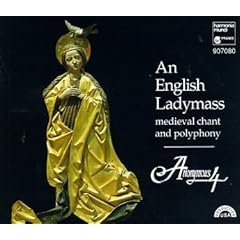
Christ in the Wilderness, Ivan Kramskoy, 1872, Oil on canvas
And he was in the desert forty days and forty nights, and was tempted by Satan;
and he was with beasts, and the angels ministered to him.
Mark 1:13
Zelo zelatus sum pro Domino Deo exercituum


 A lovely recent piece by John Zmirak worth reading in full.
A lovely recent piece by John Zmirak worth reading in full.The rest is here.
In the 1930s, a young Catholic professor at Oxford University began writing stories to read his children at Christmastime. They were tales full of well-known magical creatures -- elves, dwarfs, knights, wizards, witches -- but what made them unique was a race of his own imagining: the noble, plump little halflings he called "hobbits." The best description for them is this: Imagine G. K. Chesterton's idealized Englishmen -- generous, earthy, self-mocking, but deeply courageous -- shrunk to the size of ten-year-old boys, equipped with pipes and mugs of beer.
Professor John Ronald Reul Tolkien (1892-1973) started with no thought of publishing this story, The Hobbit, although he'd idly dreamed of issuing his longer, unfinished epic The Silmarillion. When he did submit The Hobbit, it was vetted by the publisher's eight-year-old son, who loved the book. It sold respectably, and the publisher begged him for more. Largely to feed his growing family, Tolkien spent the war years writing The Lord of the Rings (1955). The books started strong and became wildly popular in the 1960s, serving as Tolkien's subtle apostolate, inspiring tens of millions of readers around the world, helping to steer back from the abyss of modern nihilism many a shaky soul -- one of them mine. But more about me later.